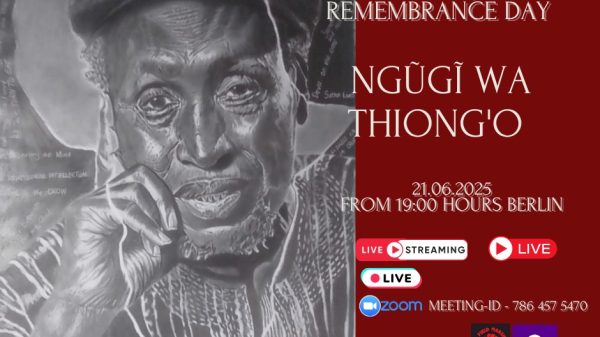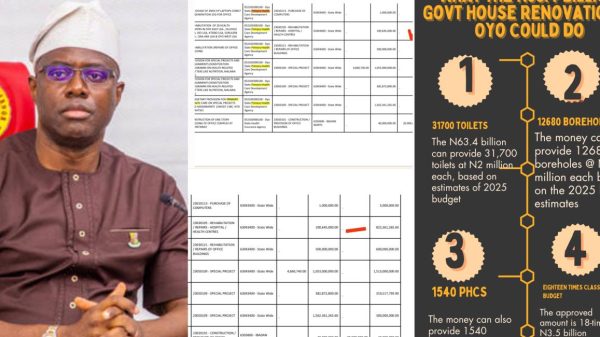Legal activities across Nigeria came to a standstill on Monday, June 2, 2025, as the Judiciary Staff Union of Nigeria (JUSUN) commenced its indefinite nationwide strike, leaving lawyers and litigants stranded at courthouses, particularly at the Federal High Court in Abuja.
A human rights lawyer, Deji Adeyanju confirmed the court shutdown via a Facebook post, expressing frustration over the unexpected disruption.
“Federal High Court gate locked. We can’t go in for our matter this morning because of industrial action by judiciary workers,” Adeyanju wrote.
This follows a series of deadlocked negotiations between JUSUN and government agencies, including a four-hour meeting with the Department of State Services (DSS) that ended without resolution on Sunday.
As gates remained locked and security personnel turned people away, courtrooms were deserted nationwide. Legal practitioners and plaintiffs lamented the sudden halt of proceedings, citing delays in urgent cases and rising backlogs.
JUSUN insists that the strike will not be called off until their demands are met. These include:
- Payment of five months’ wage arrears
- Implementation of the N70,000 minimum wage
- Enforcement of the 25% and 35% salary increases
Despite the widespread shutdown, the Supreme Court chapter of JUSUN has refused to participate in the strike. According to an emergency communiqué issued on May 31, the apex court cited “unique operational circumstances” and efforts by the Chief Justice of Nigeria (CJN), Hon. Justice Kudirat Kekere-Ekun, in settling financial obligations to court workers.
Still, JUSUN’s Federal High Court Chapter stands firm, with Secretary Comrade Mohammed Isah confirming on Sunday that the strike would go ahead as planned.
“All staff should remain at home till further notice,” Isah said.
Another meeting has been scheduled at the instance of the CJN, where further discussions involving all key stakeholders, including the DSS, will take place.
The strike was declared in a circular dated May 30 after failed talks with the Minister of Labour and Employment. JUSUN blames the government for neglecting previously agreed terms and worsening conditions for judiciary workers.
As courtrooms remain inaccessible, legal experts warn of severe implications on justice delivery, especially for urgent cases, bail hearings, and constitutional rights enforcement.















































































































